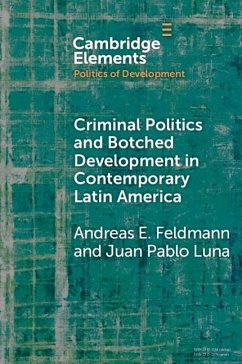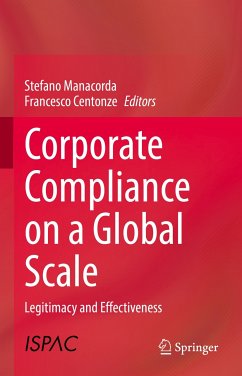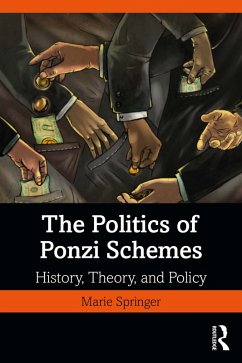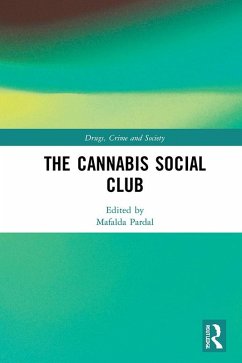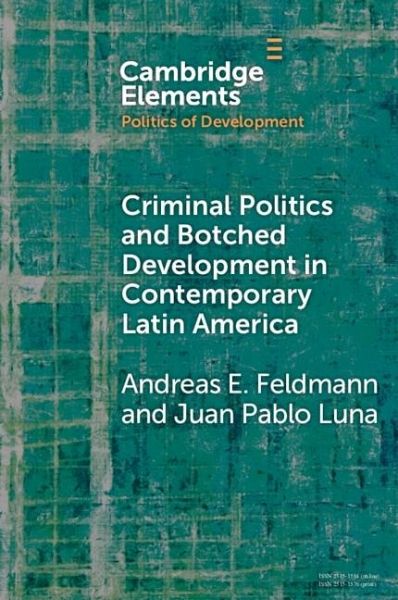
Criminal Politics and Botched Development in Contemporary Latin America (eBook, PDF)

PAYBACK Punkte
8 °P sammeln!
This Element investigates the relationship between the narcotics industry and politics and assesses how it influences domestic political dynamics, including economic development prospects in Latin America. It argues that links between criminal organizations, politicians, and state agents give rise to criminal politics (i.e., the interrelated activity of politicians, organized crime actors, and state agents in pursuing their respective agendas and goals). Criminal politics is upending how countries function politically and, consequently, impacting the prospects and nature of their social and ec...
This Element investigates the relationship between the narcotics industry and politics and assesses how it influences domestic political dynamics, including economic development prospects in Latin America. It argues that links between criminal organizations, politicians, and state agents give rise to criminal politics (i.e., the interrelated activity of politicians, organized crime actors, and state agents in pursuing their respective agendas and goals). Criminal politics is upending how countries function politically and, consequently, impacting the prospects and nature of their social and economic development. The Element claims that diverse manifestations of criminal politics arise depending on how different phases of drug-trafficking activity (e.g., production, trafficking, and money laundering) interact with countries' distinct politico-institutional endowments. The argument is probed through the systematic examination of four cases that have received scant attention in the specialized literature: Chile,Paraguay, Peru, and Uruguay.
Dieser Download kann aus rechtlichen Gründen nur mit Rechnungsadresse in A, B, BG, CY, CZ, D, DK, EW, E, FIN, F, GR, HR, H, IRL, I, LT, L, LR, M, NL, PL, P, R, S, SLO, SK ausgeliefert werden.




